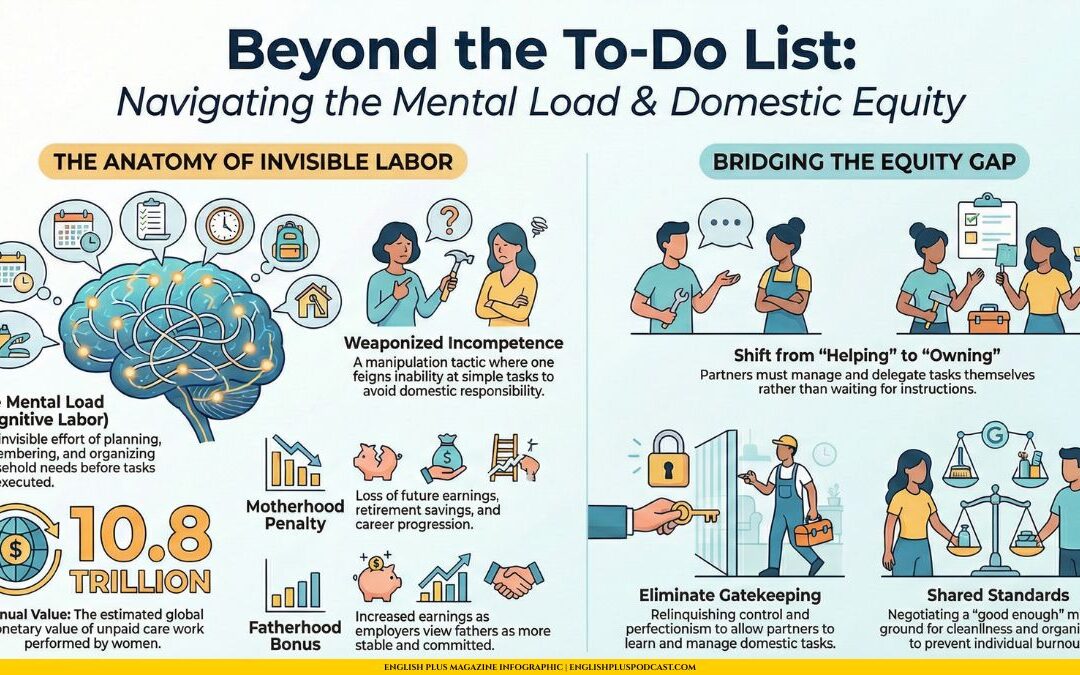The Trolley Problem: When Ethics Gets Tricky
In the world of philosophy, few thought experiments carry the weight of the Trolley Problem. This deceptively simple scenario forces us to grapple with complex ethical questions about sacrifice, the value of life, and the murky nature of “the greater good.”
The Basic Setup
Picture this: A runaway trolley is speeding down the tracks, about to collide with five unsuspecting people. You’re standing next to a lever that can divert the trolley to another track. The catch? There’s one person standing on this alternate track.
Your choice: Do you pull the lever, sacrificing one life to save five? Or do you leave things as they are, allowing five deaths but avoiding direct action?
The Deeper Questions
The Trolley Problem’s power doesn’t lie in its solution (there’s no easy answer!), but in the uncomfortable questions it forces us to ask:
- Action vs. Inaction: Is it more ethical to cause harm through action, or allow it through inaction?
- Value of Life: Is it permissible to weigh one life against another? Do numbers somehow dictate what’s right?
- Intention: Do our intentions matter more than outcomes? If you meant to save lives, does it justify the death of the one person?
Variations and Their Impact
Philosophers have spent decades spinning variations on the original Trolley Problem. For example:
- What if the one person was someone you love?
- What if you could push someone off a bridge to stop the trolley?
- Could the trolley be programmed by an AI to make the decision for us?
These variations highlight different ethical philosophies and expose the limits of our moral reasoning.
Why it Matters
The Trolley Problem might seem far removed from real life. But its implications are tangible:
- Self-driving cars: Programming the ethics of potential accidents in AI systems.
- Medical triage: Difficult decisions about allocating life-saving resources.
- Societal choices: Policies that benefit some at the potential cost of others.
The Trolley Problem Endures
While finding solutions is elusive, the Trolley Problem’s value lies in forcing us to examine our own morality. There are no easy answers, but the very act of wrestling with these choices deepens our understanding of human ethics.










0 Comments